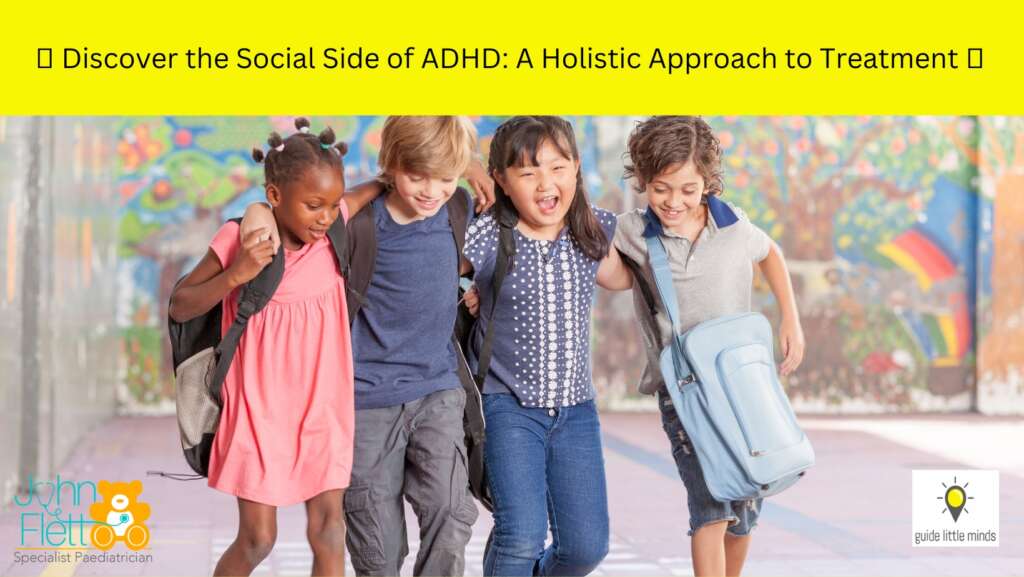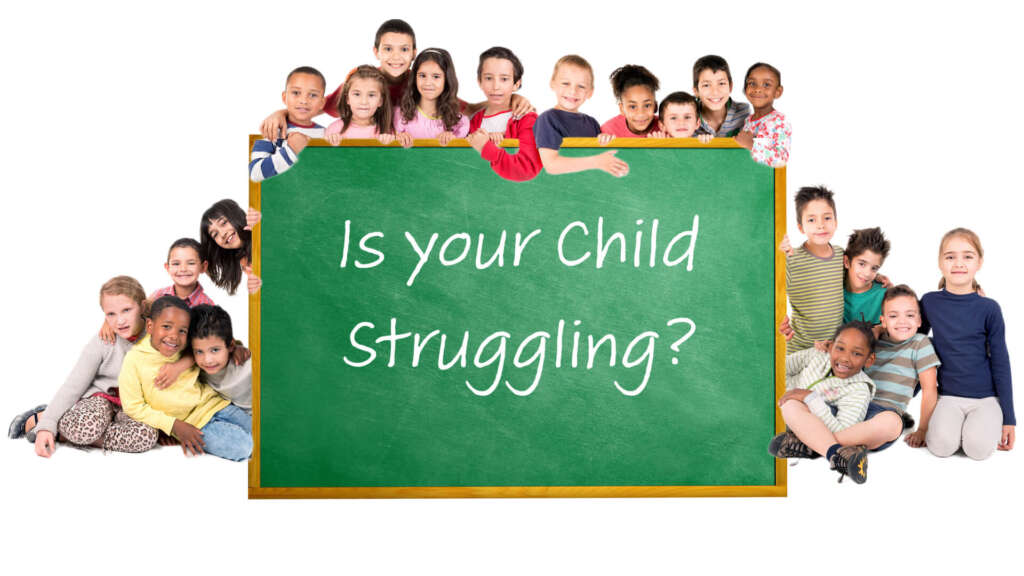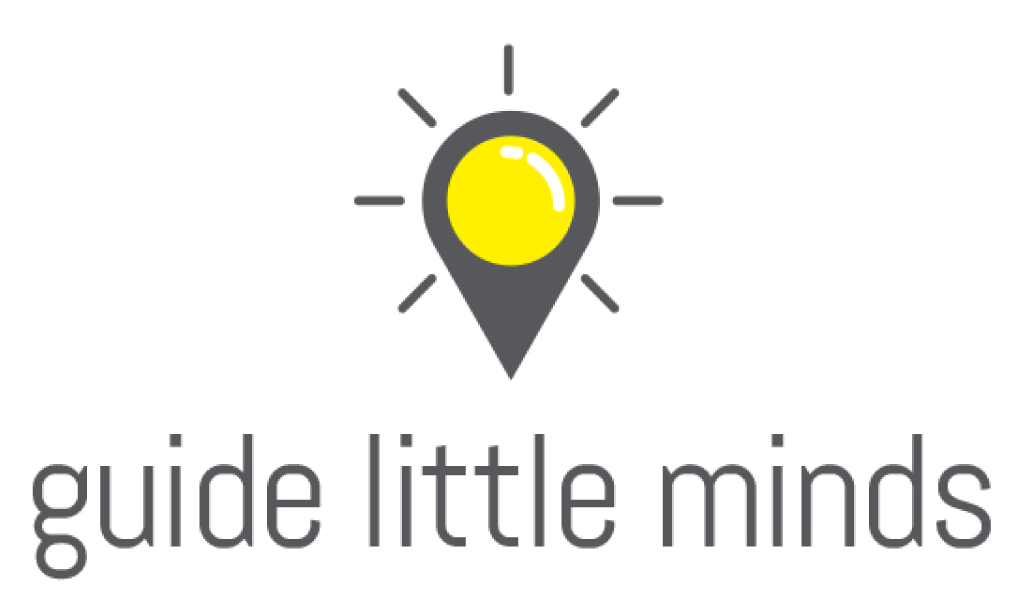Discover the Social Side of ADHD: A Holistic Approach to Treatment

Title: Unveiling the Social Consequences of ADHD: A Holistic Approach to Management
ADHD is often perceived as a disorder that mainly impacts focus, concentration, school performance, and learning abilities. Characterized by hyperactive behaviour and difficulty paying attention, ADHD is commonly treated with medication. However, we must not overlook the significant impact ADHD can have on social relationships.
Children with ADHD are often excited to interact with others, as socializing activates their brains. However, their overenthusiasm may lead to interrupting conversations, dominating discussions, and struggling to understand the complexities of social dynamics. As a result, their peers may begin to reject them, leaving children with ADHD feeling confused and isolated.
As children grow older, their understanding of social cues and norms develops, and they may start to notice the differences between themselves and their peers with ADHD. Consequently, children with ADHD may face increasing social challenges, becoming hypersensitive and avoiding social gatherings. They may struggle with team sports, preferring individual activities instead.
In addition to these social challenges, children with ADHD often deal with academic difficulties, anxiety, and mood problems, all of which further exacerbate their social struggles. As a paediatrician specializing in ADHD, Dr Flett frequently encounters children with low self-esteem and few friends who tend to gravitate toward isolation at school.
While medication is often considered the first line of treatment for ADHD, it is crucial to adopt a more comprehensive approach. Children with ADHD need support in understanding the social world and developing their executive functioning skills, which are vital for social reciprocity.
Addressing the underlying anxiety, mood issues, and rejection sensitivity is essential in managing ADHD as a whole. A holistic approach that incorporates various therapies, such as remedial help, speech therapy, psychological therapy, and occupational therapy, is vital in helping children with ADHD improve their social interactions.
In conclusion, it is essential to recognize that ADHD is more than just a concentration disorder. A comprehensive, holistic approach to treatment, guided by an expert, can help children with ADHD thrive not only academically but also socially. Let’s focus on supporting the whole child rather than solely relying on medication.
Get Expert Help
At Guide Little Minds ADHD Centre, we offer an Online ADHD Test for you to know or confirm if you or a loved one happens to have ADHD. We can provide you with an in-depth ADHD assessment to improve your understanding of the disorder and determine the treatment method best for you and your family. If you would like some further guidance and support on managing your ADHD, then please contact us at Dr John Flett at 031 1000 474 or via support@courses.drflett.com, courses.drflett.com, drflett.com.



Responses